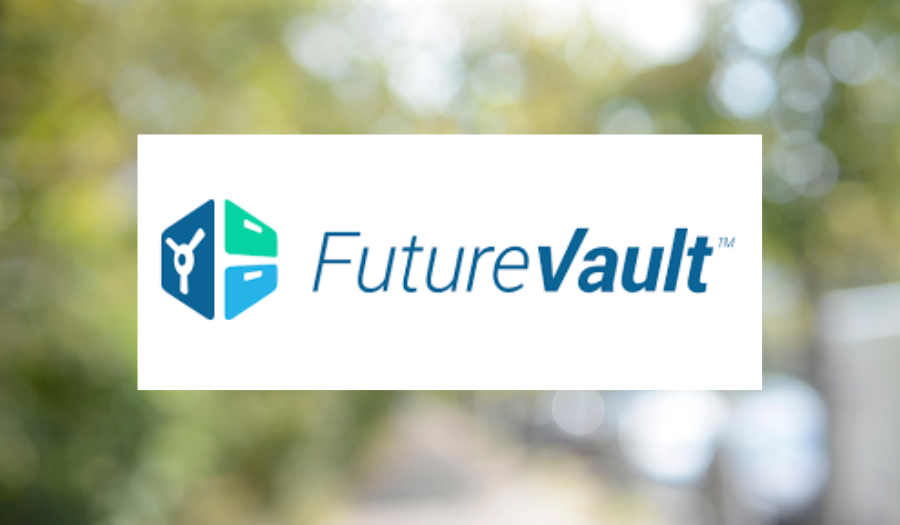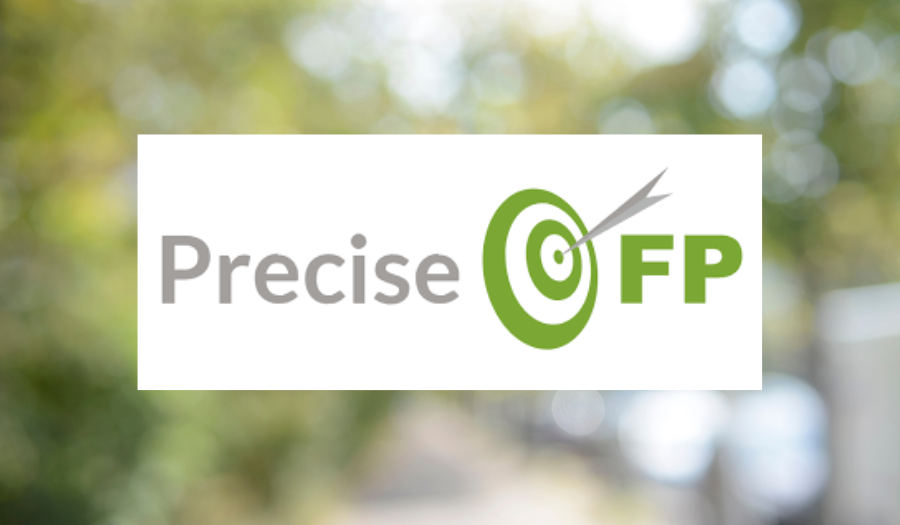5 Seminar Marketing Mistakes to Avoid

Seminars are a very common marketing strategy that financial advisors use to grow their practice. If you choose to invest in this more expensive marketing option, you likely want to get the most you can out of it. Quality seminars depend on the program you use, the topic and presentation you share, and the processes you follow from start to finish. There are five common mistakes we see when working with advisors on their seminar marketing:
Seminar Mistake #1: Not confirming RSVPs
Seeing responses come in is one of the best parts of a successful seminar. Conversely, one of the most frustrating aspects of hosting seminars is the no-show rate. We’ve seen higher no-show rates from less memorable, but more convenient, methods of responding (like Facebook forms or texting to reserve your place), but mitigating that risk is pretty easy: make the seminar memorable. Confirming responses via phone, sending them something, and trying to actually talk with them makes the seminar stick in their mind better. It also shows them that you’re interested in their attendance! Sending reminders before the event is another way to help mitigate the no-show rate.
Seminar Mistake #2: Letting someone else present
Perception is everything in most businesses, yours included. Good speakers draw people toward them; they don’t push people to other subject matter experts. You could be the smartest person in the room, but if you don’t give the presentation then you won’t be viewed as the expert. If you’re not a strong presenter, start small or rely on visual aids. Set yourself up for success by asking a client or business partner to introduce you as the speaker. At the end of your presentation (especially if you feel it was rough) maybe even add some humor by admitting that you’re used to 1:1 appointments, not 1:30 presentations, and use that as a segue to invite them to book an appointment. But don’t give the authority away by letting someone else give your presentation.
Seminar Mistake #3: Back yourself into your topic’s corner
Bringing value and presenting your main topic well is important, but don’t let your guests lose context of the scope of your expertise. If your topic is Social Security, for example, you’ll want to still set aside a few minutes to discuss how Social Security fits into the bigger picture of financial planning. One effect this has is that prospects will know that you do more than just Social Security and will be more likely to bring up other questions you may be able to help them address. Often the main topic is chosen because it is attention-grabbing, but it is likely not the only area of their life that your business can aid them in. If you’ve set yourself up as the expert, you may be able to capture additional business – as long as you don’t back yourself into your topic’s corner.
Seminar Mistake #4: Bribing guests with freebies to book appointments
Have you ever sat through a timeshare presentation or some other tit-for-tat sales pitch? You want the freebie, so you sit there… waiting for it to be over. Even if those deals close, they leave a foul memory in their wake and don’t have a good reputation. Bad first impressions don’t bode well for the long-term relationships you want to establish. The financial advisor version of timeshare presentations is the “free risk assessment” or high-level “retirement report” after the seminar if they agree to meet with you for an individual meeting. Don’t offer those! Instead, offer real value in your presentation, set yourself up as an expert at the seminar, and then book appointments. No freebies required! They’ll have a real reason to meet you, and your integrity and first impression are kept positive.
Seminar Mistake #5: Not following up after the event
You filled a room, booked some appointments, and have some conversations started. But you had a few people head out as soon as your presentation ended or before your staff got to them to set the appointment. Maybe a couple people didn’t show up at all. What do you do with them? Most advisors let them be and consider it a missed opportunity (or worse, plan to do something but never do). But if someone comes out to an event and gives 1-2 hours to your presentation, they’re clearly interested. Plus, you paid for marketing materials (and maybe a meal) and more to get them there, so aren’t they worth a little chasing? Following up should be a normal part of your practice, so getting sustainable marketing practices (and ideally marketing automation) infused into your business is key!
Seminar marketing can be an effective method to grow your financial practice. But when investing that much money into a marketing campaign, you want to be prepared to get the most out of it. Choose a good program partner, a topic you’re comfortable speaking about, and be sure to avoid these common mistakes throughout the process!
Author Info

Kim Weber is the Marketing Project Manager at USA Financial. Since joining in 2021, she has overseen several marketing programs that help...
Related Posts

Increase Tech Efficiency in Your Advisory Practice: FutureVault
In today’s fast-paced, digitally driven world, financial advisors need tools that not only streamline operations but also enhance client engagement and security. One tool leading the charge in advisor efficiency is FutureVault, a secure digital document vault solution designed specifically for wealth advisors.

Technology That Can Help You Get More Clients: PreciseFP
In an industry where every minute counts, financial advisors need tools that can enhance productivity and simplify workflows. Whether you’re focused on growing your client base or deepening existing relationships, having access to the right financial advisor technology is key to building a streamlined, client-centered experience.

4 Biggest Financial Advisor Marketing Trends for 2025
In recent years, industries have undergone transformations which have compelled businesses to adapt and innovate in order to remain competitive. For example, the rapid advancement of artificial intelligence (AI) has transformed our digital landscape over the past year. As marketers, it's crucial to adapt to change and stay ahead of the competition. This means being constantly aware of emerging trends, technologies, and customer behaviors.

Increase Tech Efficiency in Your Advisory Practice: FutureVault
In today’s fast-paced, digitally driven world, financial advisors need tools that not only streamline operations but also enhance client engagement and security. One tool leading the charge in advisor efficiency is FutureVault, a secure digital document vault solution designed specifically for wealth advisors.

Technology That Can Help You Get More Clients: PreciseFP
In an industry where every minute counts, financial advisors need tools that can enhance productivity and simplify workflows. Whether you’re focused on growing your client base or deepening existing relationships, having access to the right financial advisor technology is key to building a streamlined, client-centered experience.

4 Biggest Financial Advisor Marketing Trends for 2025
In recent years, industries have undergone transformations which have compelled businesses to adapt and innovate in order to remain competitive. For example, the rapid advancement of artificial intelligence (AI) has transformed our digital landscape over the past year. As marketers, it's crucial to adapt to change and stay ahead of the competition. This means being constantly aware of emerging trends, technologies, and customer behaviors.

